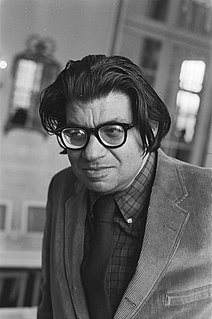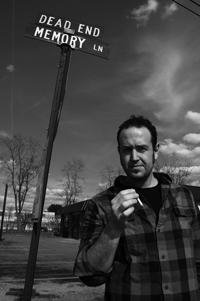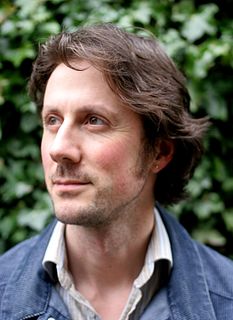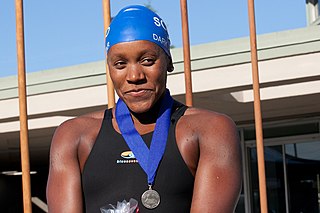A Quote by Andrew Wyeth
It's a shock for me to go through and see all those years of painting my life, which is very personal for me. It's a very difficult thing for an artist to look back at his work.
Related Quotes
Your personal life, your professional life, and your creative life are all intertwined. I went through a few very difficult years where I felt like a failure. But it was actually really important for me to go through that. Struggle, for me, is the most inspirational thing in the world at the end of the day - as long as you treat it that way.
My work is really the accumulation of these different moods that I've had throughout my life and where they've taken me. I start looking back, and I think, I've actually created a life out of all this, out of these changes of mood. They've pushed me through all these years, and I seem to have a semblance of a life, and if I look very carefully, I can see some thematic design to it. There's some continuity.
My teacher introduced me to this photographer Eugène Atget. He was a French photographer in the late 1800s up until 1927 in Paris. He didn't consider himself an artist, but he was probably one of the artists of the 20th century. This guy documented all of Paris during those years. It's unbelievable. The books are phenomenal. The Museum of Modern Art has all his stuff now and [American photographer] Berenice Abbott saved his work. Not very much is known about his life, but the work is unreal and it totally spoke to me. He was the only artist for a number of years that I cared about at all.
I have a very dear friend, a great painter, called me up very upset, the work wasn’t going well… He asked me to come to his studio -- which I did -- I looked around at the work, dozens of sketches, drawings, large pictures, and I was very close to his work, intensely involved with his work, and he asked me, ‘What’s wrong?’ And I said, ‘Simple – it’s a loss of nerve.
That authentic experience that happens both in the artist and in the audience you can classify as a mystical experience. You can classify it as aesthetic shock, or even a psychedelic experience. Some people seek to recreate that experience through drugs. But the other way that you can do it is through art, and through spectacle. We have those experiences when we go to rock shows, or when we listen to a piece of classical music, or read a particular poem, or see a painting.
What does interest me is how difficult my culture seems to find it to look the dark side of life directly in the eye. It seems to me that if we look back at mediaeval culture, for example, we see a society which faces the reality of death and pain and limitation, because it has to. Our society, which is progressive and technological and seems to have a slightly fanatical utopian edge to it, gets very uncomfortable when anybody highlights the dark side of humanity, or the world we have built, or what we are doing to the rest of life on Earth.
I am very hopeful that my personal success in Qatar will ignite others, especially those in the so-called non-traditional sports, to try even harder because now they can see for themselves that significant achievements can be attained. But let me stress that it takes a lot of work - in fact, very hard work - mixed with very heavy doses of patience.
It was actually books that started to make those pockets of freedom, which I hadn't otherwise experienced. I do see them as talismans, as sacred objects. I see them as something that will protect me, I suppose, that will save me from things that I feel are threatening. I still think that; it doesn't change. It doesn't change, having money, being successful. So from the very first, if I was hurt in some way, then I would take a book -- which was very difficult for me to buy when I was little -- and I would go up into the hills, and that is how I would assuage my hurt.
I was so lucky because I started working very young. And my father was very wealthy and I didn't need to work. I did my films. I was very well paid for my age, and I could make choices, decide not to do a film for six months and wait until I'd get the right thing. Which made me quite a coward, you know. It's so easy to say no to stuff, and then, after a while, it's very hard to go back in.







































